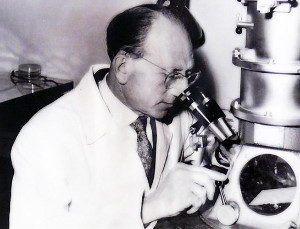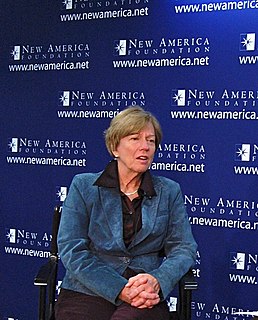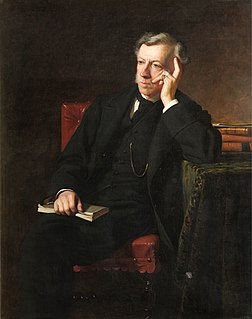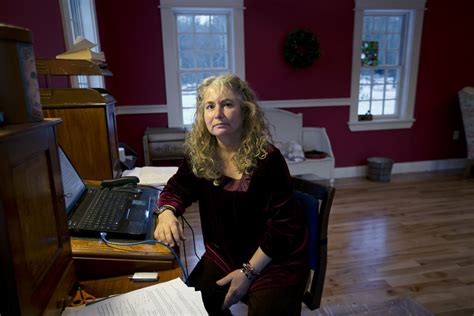A Quote by Elizabeth Kolbert
Somewhere in our DNA must lie the key mutation (or, more probably, mutations) that set us apart—the mutations that make us the sort of creature that could wipe out its nearest relative, then dig up its bones and reassemble its genome.
Related Quotes
Although random mutations influenced the course of evolution, their influence was mainly by loss, alteration, and refinement... Never, however, did that one mutation make a wing, a fruit, a woody stem, or a claw appear. Mutations, in summary, tend to induce sickness, death, or deficiencies. No evidence in the vast literature of heredity changes shows unambiguous evidence that random mutation itself, even with geographical isolation of populations, leads to speciation.
We add that it would be all too easy to object that mutations have no evolutionary effect because they are eliminated by natural selection. Lethal mutations (the worst kind) are effectively eliminated, but others persist as alleles. ...Mutants are present within every population, from bacteria to man. There can be no doubt about it. But for the evolutionist, the essential lies elsewhere: in the fact that mutations do not coincide with evolution.
Fundamentalism in most of its forms is the active creation of antibodies to some threatening [god] virus. As long as threatening religions or mutations [heresies] are present, fundamentalism will churn out antibodies to keep the population under control and prevent mutations from getting out of hand.
We will have to make a decision, as we go into new environments outside of earth, whether we want to drag along with us all our pathogens. We can, or we can't - it's up to us - but I consider that part of genome engineering is how we interact with the huge part of our genome which is our microbiome.
































